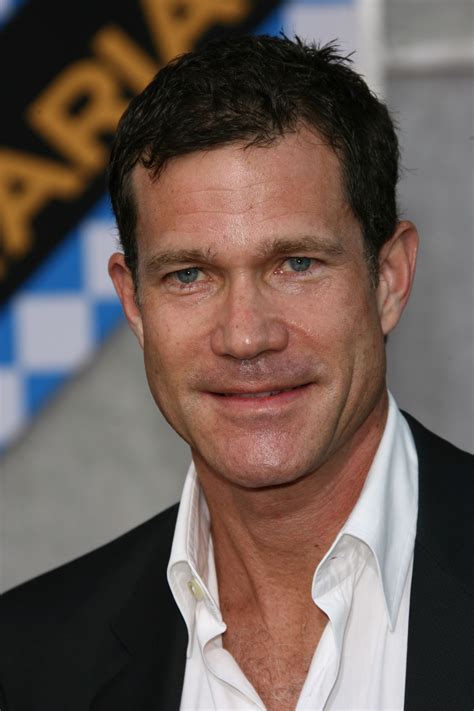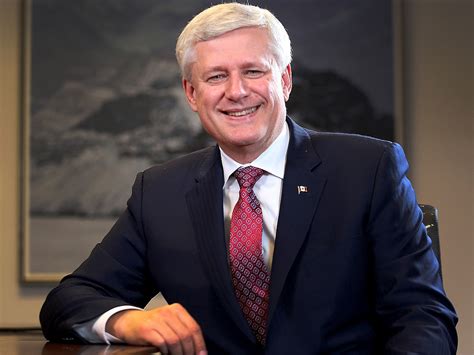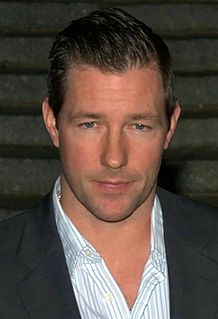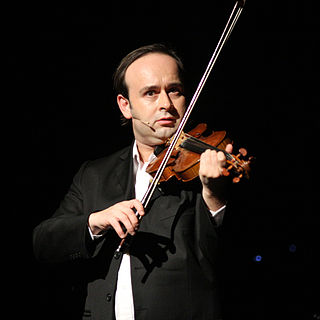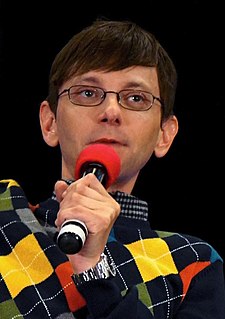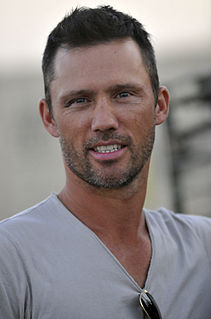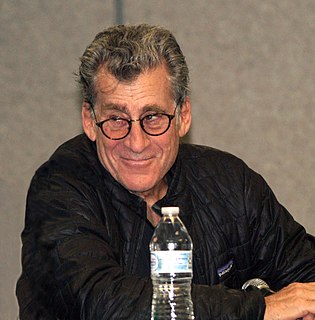A Quote by Michel Faber
When answering questions over the years about film and TV adaptations of my books, I have always maintained that no movie or TV series could ever change or damage my work.
Related Quotes
I've always loved theatre because it's so immediate. The challenge of it is that, career wise, it's easier to get traction in the industry if you do film and TV because the audience is larger, and because the work can be seen for a longer period of time. I did solid work in a series of regional and Off-Broadway shows, but the work I did on TV or film will have a longer life with a larger audience (and with services like Netflix). Ultimately, there's something intimate about TV, because the storytelling and the actors come home with the viewer. It can be powerful because of that.
I've always been fascinated, obsessed even, with books and TV shows about unsolved murders, cold cases, forensic science, mysteries, and so on. Many times when I get inspiration for my work, it's from something in one of these books or TV shows, or perhaps some newspaper article about a specific case.
We've always dreamt of a TV series and working in film. When we first sat down to seriously write 'A Little Nightmare Music,' to write something for TV was our original inspiration. But all the stuff we were writing down is not going to work on stage. We had to rewrite it so it would work on the stage.
There's something inherently more appealing about the idea that you could reveal and tell stories about characters over the course of a TV season - 13 or 26 episodes, whatever it might be - than in the course of one two-hour movie. You can do so many more novelistic kinds of things on a TV show - with time, with gradual development of relationships, and so on - than you could possibly do in a movie. And that is very appealing.
It [TV] is the cancer of film. It's why people can't be educated to film. In the late '60s, we expected to see a movie or two every week and be stimulated, excited and inspired. And we did. Every week after week. Antonioni, Goddard, Truffaut - this endless list of people. And then comes television and home video. I know how to work exactly for the big screen, but it doesn't matter what I think about the art of movie-making versus TV.
Maybe if I'd gone in younger, I wouldn't have had that feeling, but I've seen an enormous amount of changes since the early-'70s in how this stuff is shot. I did the first TV movie ever shot in 18 days; before this film the normal length of shooting a TV movie was between 21 and 26 days. We shot a full-up, two-hour TV movie in 18 days with Donald Sutherland playing the lead, who had never worked on television before.

